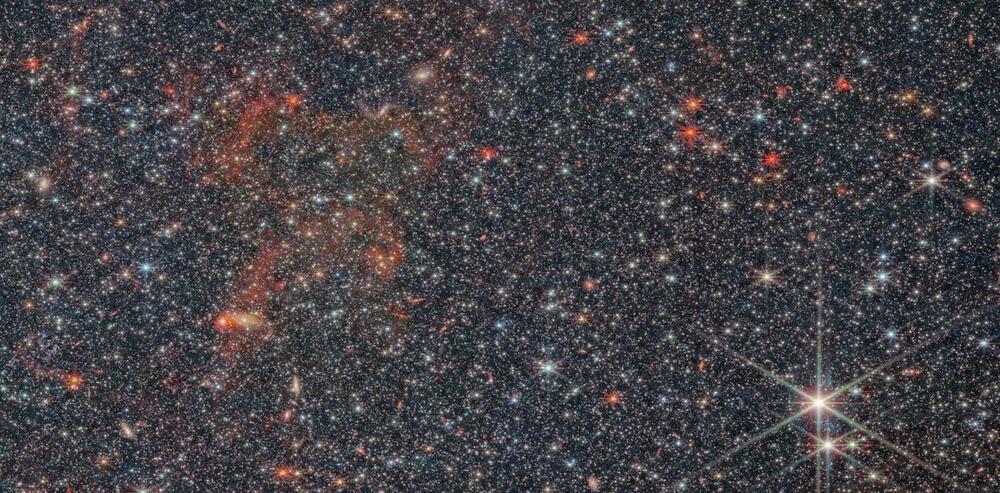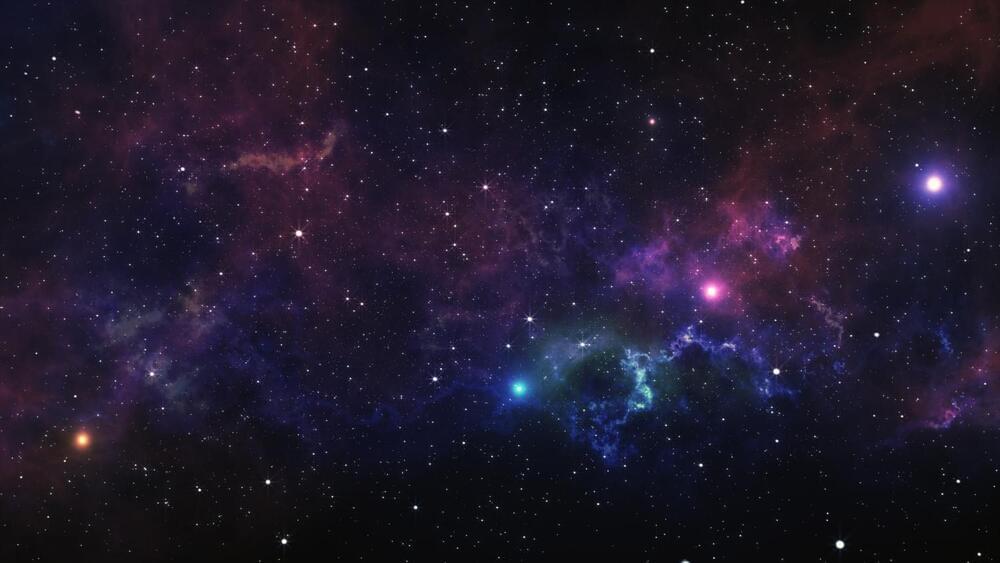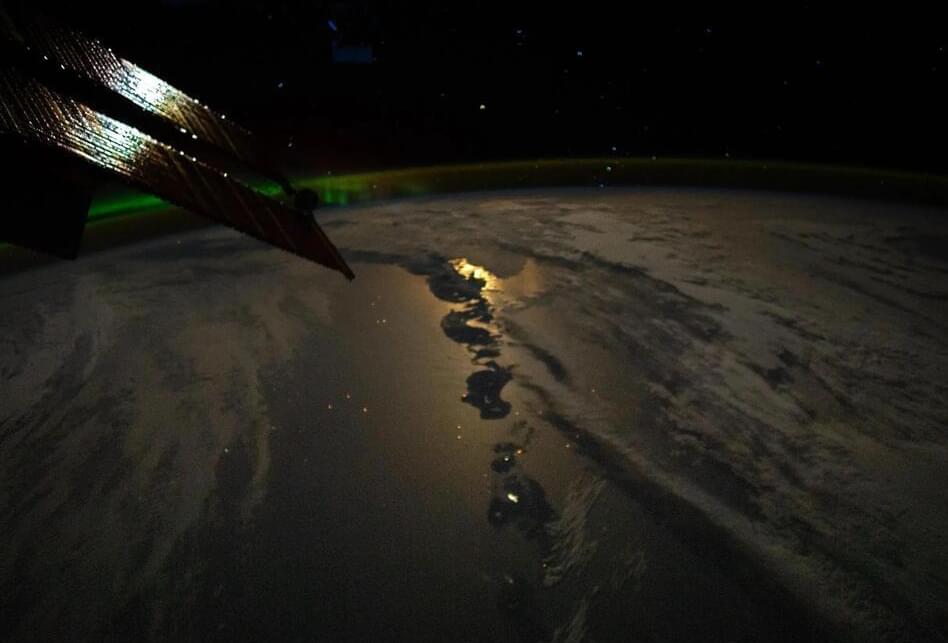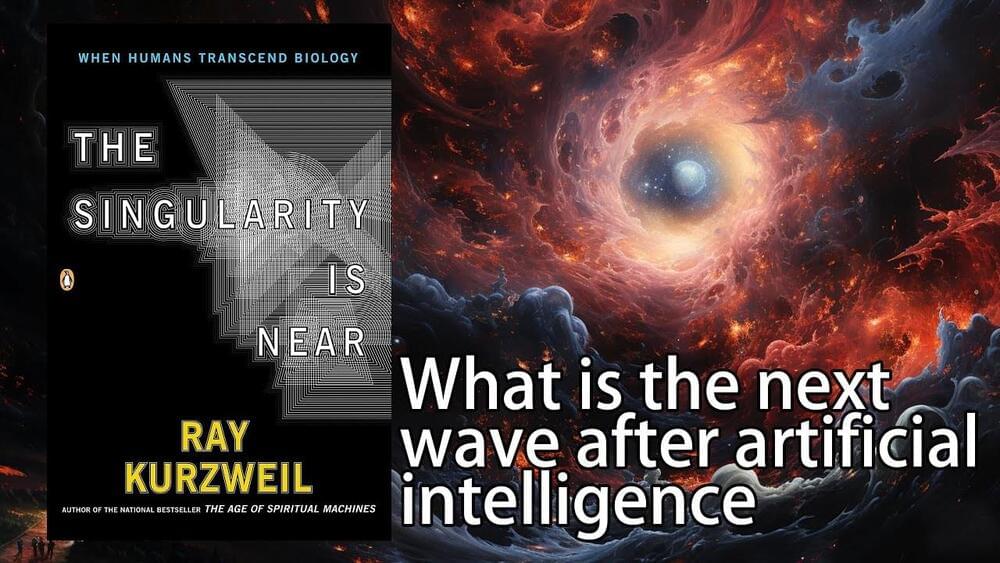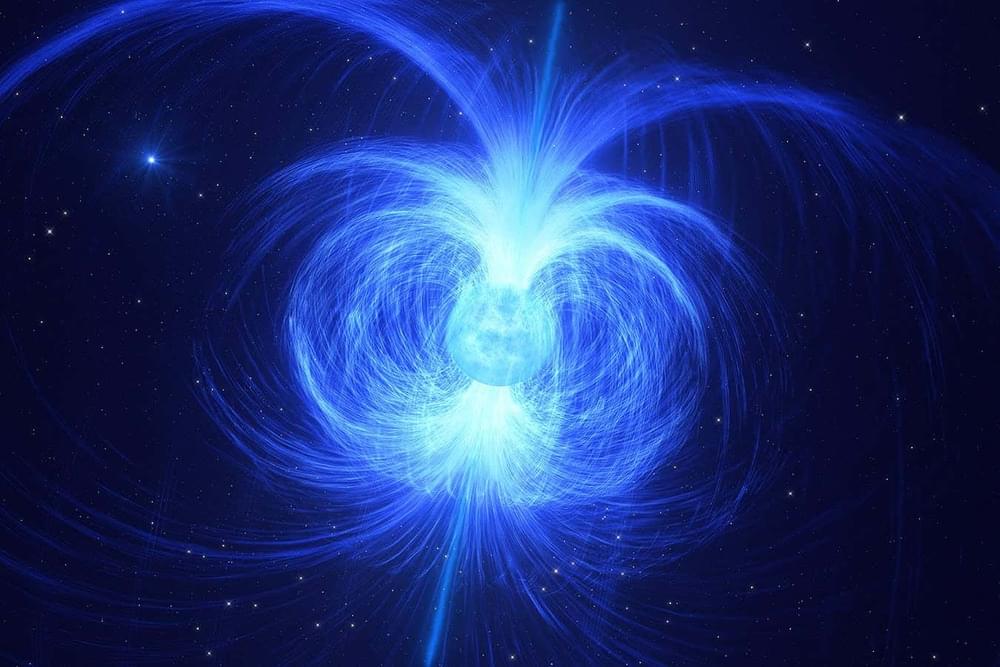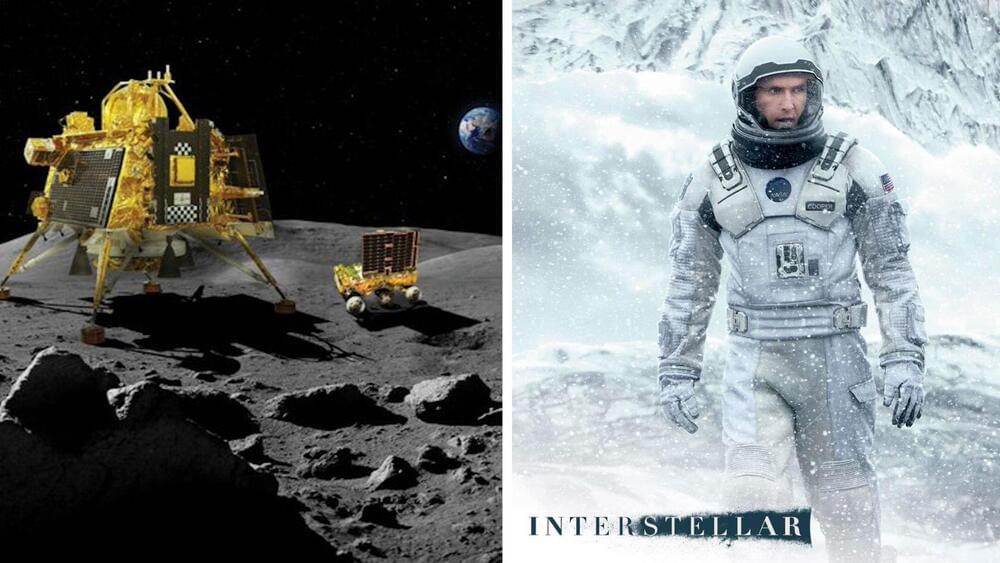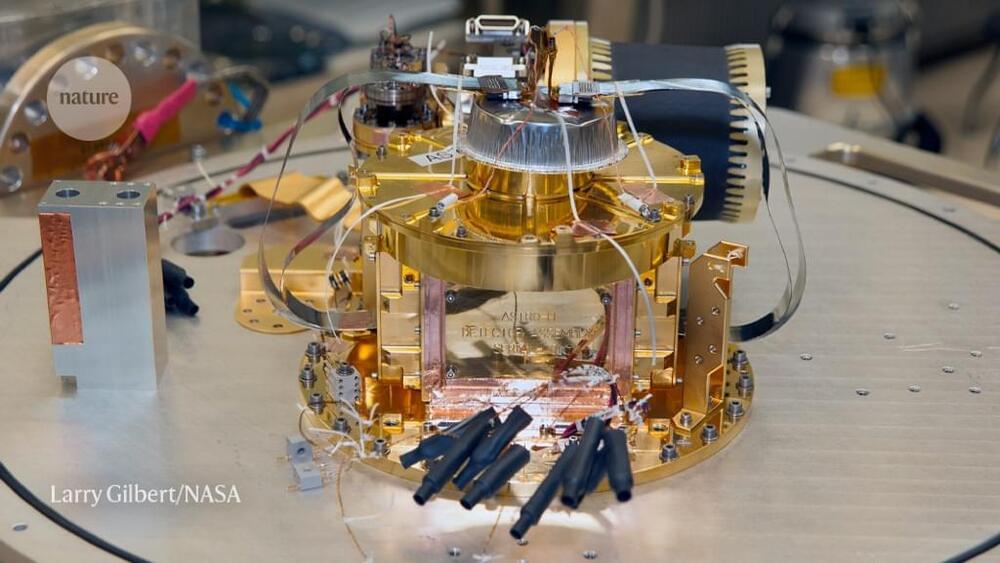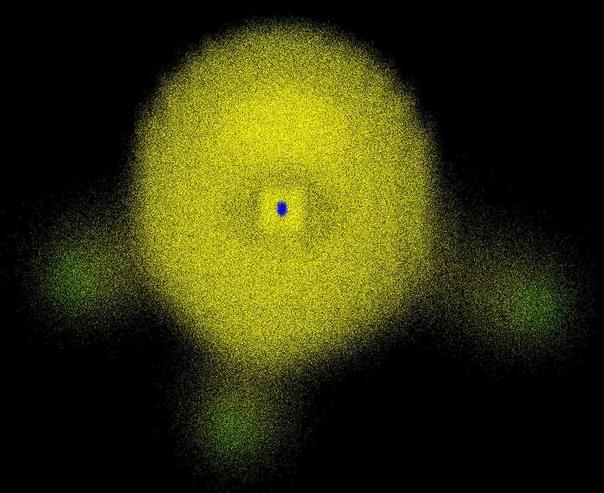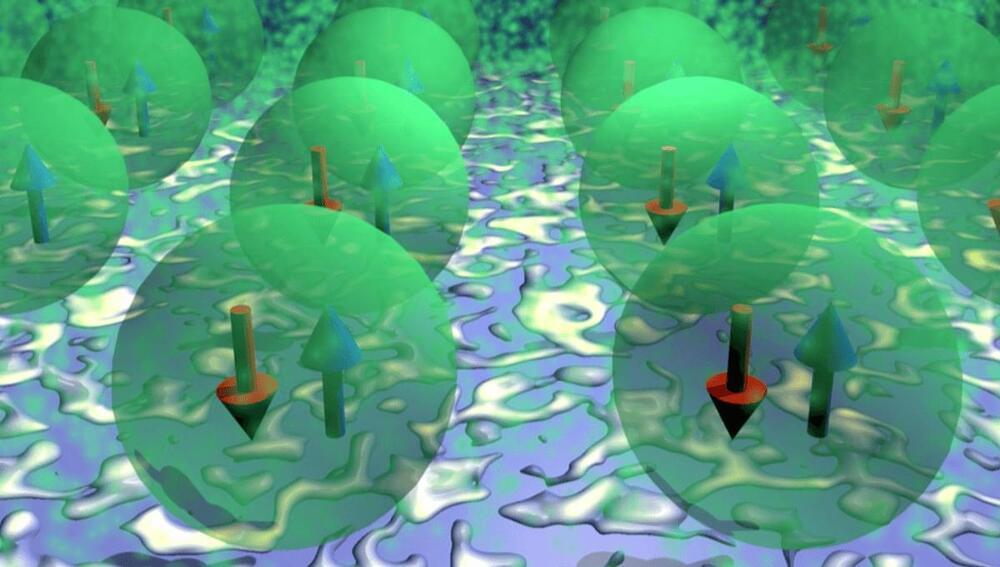
For the first time, researchers have been able to track the behavior of triplons, a quasi-particle created between entangled electrons. They are very tricky to study and they do not form in conventional magnetic material. Now, researchers have been able to detect them for the first time using real-space measurements.
Quasi particles are not real particles. They form in specific interactions, but for as long as that interaction lasts they behave like a particle. The interaction in this case is the entanglement of two electrons. This pair can be entangled in a singlet state or a triplet state, and the triplon comes from the latter interaction.
To get the triplon in the first place, the team used small organic molecules called cobalt-phthalocyanine. What makes the molecule interesting is that it possesses a frontier electron. Now, don’t go picture some gunslinger particle – a frontier electron is simply an electron on the highest-energy occupied orbital.
